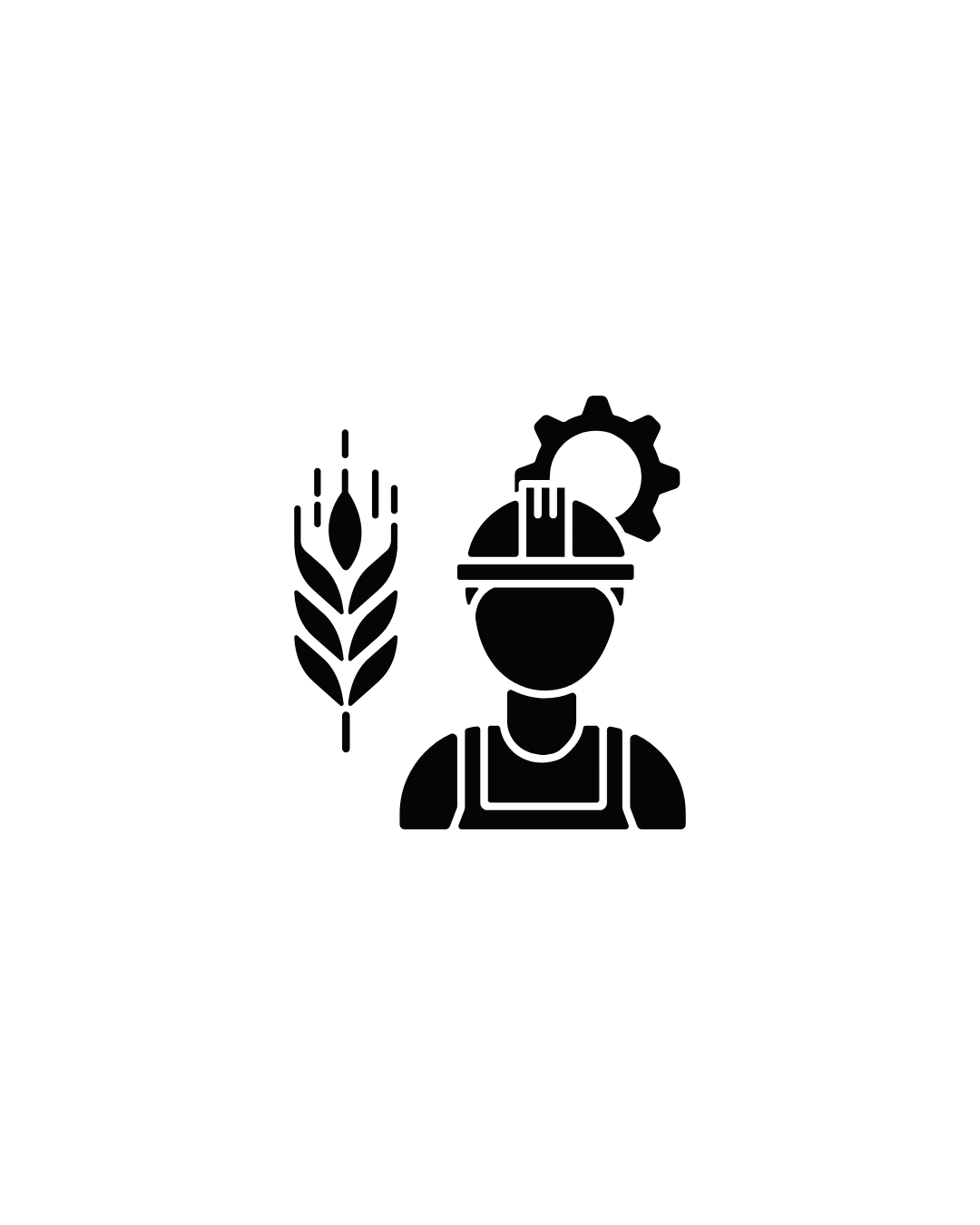Description
A Bachelor of Technology in Agricultural Engineering (B.Tech in Agricultural Engineering) is an undergraduate program that focuses on applying engineering principles and technology to agricultural processes and equipment. This degree equips students with the skills needed to enhance agricultural productivity, improve food security, and promote sustainable practices in the agricultural sector.
Curriculum Overview
The curriculum for a B.Tech in Agricultural Engineering typically combines core engineering courses, agricultural sciences, and specialized subjects related to agricultural practices and technology. Here are some common subjects and areas of study in this program:
Fundamentals of Agricultural Engineering:
Introduction to the principles and practices of agricultural engineering, including its role in modern agriculture.
Soil and Water Conservation Engineering:
Study of soil and water management techniques, including irrigation systems, drainage design, and erosion control.
Farm Machinery and Equipment:
Overview of various agricultural machinery, their design, operation, and maintenance for efficient farming operations.
Crop Production Technology:
Principles of crop growth, cultivation practices, and the role of technology in enhancing yield.
Irrigation Engineering:
Design and management of irrigation systems to optimize water use in agriculture.
Post-Harvest Technology:
Techniques for the handling, storage, processing, and quality control of agricultural products after harvest.
Agricultural Structures:
Design and construction of agricultural buildings and structures such as greenhouses, storage facilities, and livestock housing.
Agro-Meteorology:
Study of the effects of weather and climate on agricultural practices and crop production.
Renewable Energy in Agriculture:
Exploration of renewable energy sources, such as solar and biomass, and their applications in agricultural systems.
Bioprocess Engineering:
Application of engineering principles to biological processes, including fermentation and bioenergy production.
Precision Agriculture:
Techniques for optimizing field-level management regarding crop farming, utilizing technologies like GPS and remote sensing.
Environmental Impact Assessment:
Assessing the environmental implications of agricultural practices and strategies for mitigating negative impacts.
Entrepreneurship in Agriculture:
Skills and knowledge needed to start and manage agricultural businesses effectively.
Project Work/Internship:
Hands-on experience through projects or internships in agricultural engineering firms, farms, or research institutions, allowing students to apply their theoretical knowledge in real-world situations.
Career Opportunities
Graduates with a B.Tech in Agricultural Engineering have diverse career opportunities in various sectors, including agriculture, agribusiness, research, and government. Some potential job roles include:
Agricultural Engineer: Designing and developing equipment and technology for agricultural processes.
Farm Manager: Overseeing and managing farming operations, ensuring productivity and efficiency.
Irrigation Specialist: Designing and managing irrigation systems for optimal water use in crop production.
Soil and Water Conservation Engineer: Implementing practices to conserve soil and water resources in agricultural settings.
Post-Harvest Technologist: Working on methods for handling, processing, and storing agricultural products to minimize waste.
Research Scientist: Conducting research in agricultural technologies to improve practices and develop new solutions.
Agricultural Consultant: Advising farmers and agribusinesses on best practices, technology adoption, and resource management.
Sustainability Specialist: Focusing on sustainable agricultural practices to promote environmental protection and resource conservation.
Sales Engineer: Selling agricultural machinery or technologies, providing technical support and advice to clients.
Industrial Engineer in Agribusiness: Optimizing processes and operations within agricultural production and supply chains.
Further Education
Graduates may choose to pursue a Master?s degree in Agricultural Engineering, Soil Science, Crop Science, or related fields for further specialization. Certifications in specific areas (such as precision agriculture, irrigation technology, or sustainable farming practices) can also enhance job prospects.
If you have any further questions about the curriculum, potential career paths, or other aspects of a Bachelor of Technology in Agricultural Engineering, feel free to ask!









